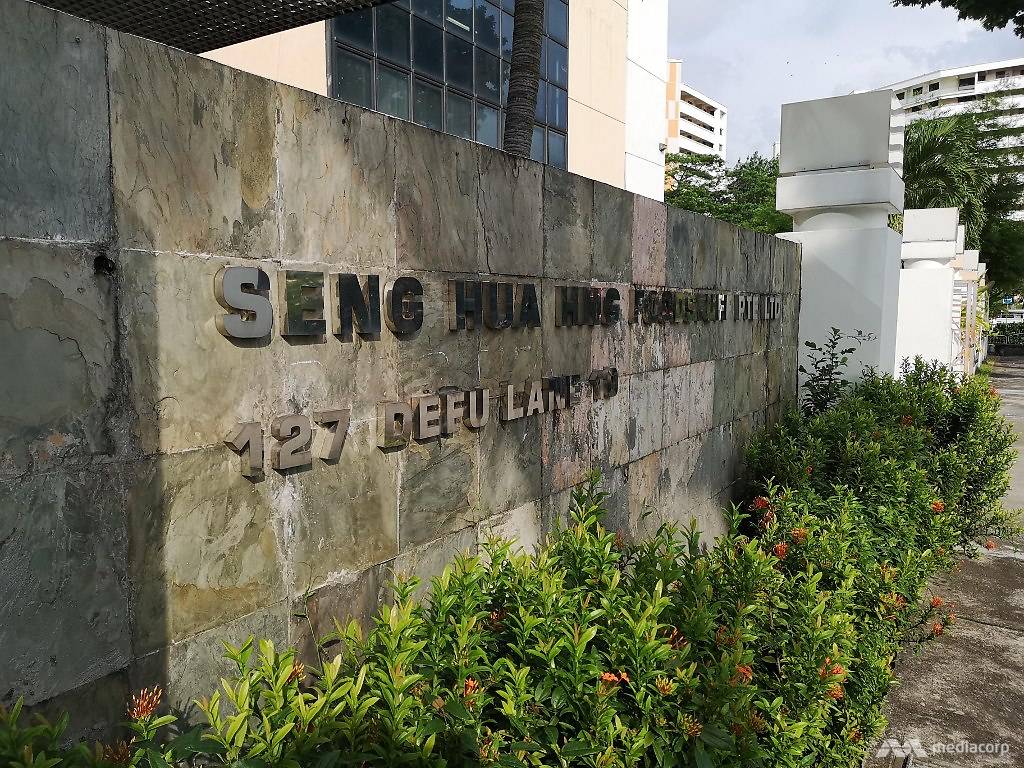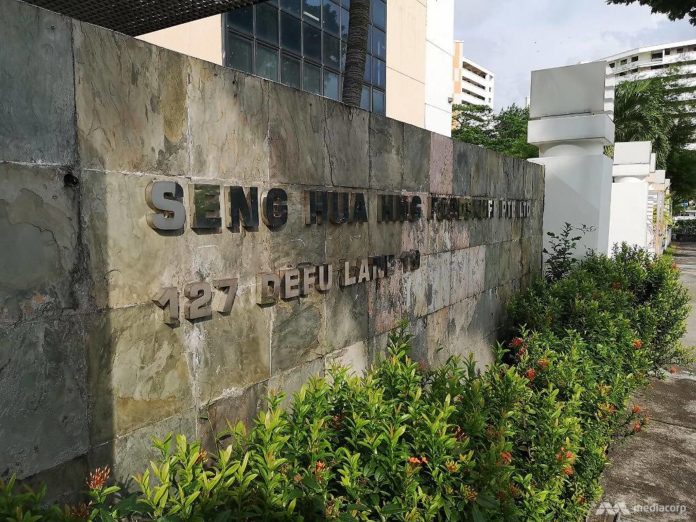SINGAPORE: “Not all things good and expensive are the best for smaller businesses,” said Ms Poh Shih Yin, director at Seng Hua Hng Foodstuff, as she related the pitfalls in the company’s digitisation journey.
The local small- and medium-sized enterprise (SME), which manufactures the well-known Camel brand of nuts, has been in business for more than four decades.
An enterprise resource planning (ERP) system by Oracle – a “big and bulky system” which it implemented about 20 years ago – proved to be ill-suited for a business of its size, Ms Poh shared during an interview with Channel NewsAsia on Monday (Jun 18).
ERP systems typically integrate the management of a company’s key business processes.
“We had to change our processes to work around the system,” she pointed out, adding it was ultimately more of a costly hindrance than of help.

Seng Hua Hng Foodstuff has been in operation for more than four decades in Singapore, but it is currently opening up a new factory in Xiamen, China.
Another IT project saw the SME engage a local vendor, Mevo, in 2008 to deploy a mobile sales management device allowing its representatives to more easily keep track of their customers’ inventory and key in their orders.
However, Ms Poh shared that it was a “single-use device” limited in functionality. For instance, the original version was not wireless and all the data in the device could only be synced with the system when it was docked.
The current version it is using has more functions with barcode scanning for inventory tracking and wireless capabilities – but on 3G mobile network and reliant on a SIM card which can be “quite costly”, she noted.
These are just some of the challenges of navigating the current IT procurement landscape for local SMEs, which typically aren’t at the forefront of technology adoption.
“There are lots of things we have to do,” in terms of digitising the traditional food manufacturing business, Ms Poh acknowledged.
And there is no lack of desire to transform its operations either.
The director shared that in the current tight labour market, digitisation actually helps ease its dependence on manpower. Seng Hua Hng currently has 170 employees, with about 40 in warehousing and sales. The SME makes about S$60 million annually.
“It is difficult to find entry-level, rank-and-file staff these days … and many of our current employees are double-hatting,” Ms Poh shared.
This difficulty was attributed to tougher rules on bringing in foreign labour, as well as the job environment which she admitted “was not exactly cushy” given that it can get hot and oily when roasting the nuts, for instance.
Technology can thus play a part in easing the SME’s dependence on labour by automating many of its current processes and cutting down the paper trail, such as having an integrated sales inventory management system.
To have this in place, though, its warehouse will need adequate wireless coverage which is currently lacking. Its current routers were not able to provide adequate coverage for the 5,000-8,000 sq ft space, which has several hard-to-reach areas when Channel NewsAsia visited the space.

The warehouse is located on the second floor of Seng Hua Hng Foodstuff’s office at Defu Lane, and has several hard-to-reach areas for wireless coverage.
When it sought out a vendor to rectify this situation recently, it was quoted S$100,000 which was too pricey. “We can’t be spending S$100,000 to S$200,000 on just one area,” Ms Poh said candidly.
It was a good thing then that the food manufacturer won an IT makeover contest conducted by enterprise tech giant Cisco in April this year.
With the win, Seng Hua Hng will be receiving about S$40,000 of Cisco products and services, which include wireless routers and virtual meeting room tool Webex Board.
The latter has proven useful as the SME is currently setting up a factory in Xiamen, China, and the project manager can cut down on the number of times he had to fly to China, which was “almost every month”, the director shared.
“Digital transformation is our key focus in the next two years to bring the next phase of our growth strategy to life,” said Mr Colin Chin, group finance manager of the SME, in a blog post by Cisco announcing the competition winner.
Ms Poh also credited the Singapore Government for starting to address a key SME pain point: Finding out which specific operation within the business needs to be digitised, and how.
She noted that in a company’s digitisation journey, there are many buzzwords like cloud computing and big data to make sense of. “How much of these are suited for our use?” the director asked rhetorically.
Last November, the Singapore Economic Development Board partnered TUV SUD to launch the Singapore Smart Industry Readiness Index, which allows companies to evaluate the current state of their facilities, understand Industry 4.0 concepts and design a transformation roadmap.
Senior Minister of State for Ministry of Trade and Industry Koh Poh Koon then announced in March this year that 300 Singapore-based companies can get a free evaluation of their readiness to move into Industry 4.0.





